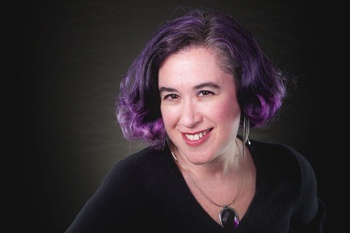
Hurwitz: The best way to fighting crime is a multifaceted approach. By giving people who have no good opportunities a lawful way to survive, we can be effective in the long term. Revitalizing Baltimore manufacturing centers would provide good paying jobs. “Banning the Box” would allow prior offenders who have paid their debts to society the chance to get a job and care for their families.
Youth outreach would be key, as well as increasing funding for community centers, after school, and summer programs. We need to give the youth of Baltimore a safe place to go, and have access the tools and resources they need to thrive and grow, both socially and professionally.
We need to foster connection by implementing aggressive and empathetic outreach to ALL neighborhoods. We must try to engage young men and women and give them a reason to turn away from crime and become productive members of society.
Hurwitz: One of the most important programs we can implement is paid family leave; women and minorities are the ones hit hardest by the absence of this program. There are only three countries in the world with no paid family leave program: Papua New Guinea, Suriname, and the U.S. But now four states have a program for parents and those with sick family members. I pledge to make this one of my top missions: Maryland must be the fifth state to have paid family leave. No one should have to choose between a child or dying parent and their livelihood.
We need to implement technical training programs that teach small business innovation through agile industry-based partnerships. Through these programs we can build sustainable communities that are innovative, resilient, and ecologically sound. We can create programs in schools that result in kids being either career-ready or college-ready.
Finally we can create laws that lift the veil over salaries and allow employees to freely discuss wages. Corporations must not hide behind unfair laws that benefit them and hurt the workers.